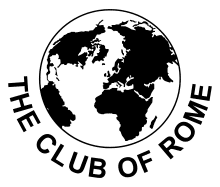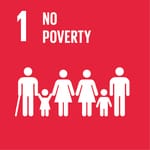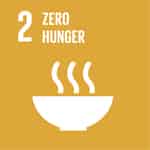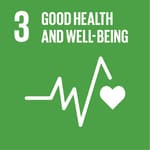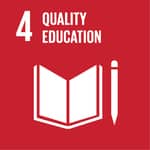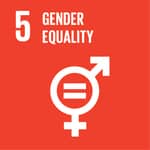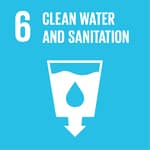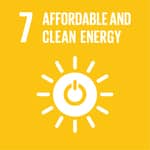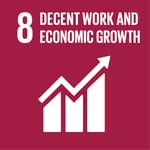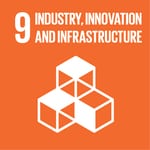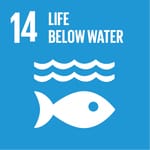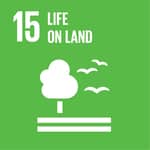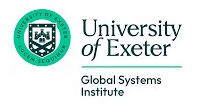It is a “platform of diverse thought leaders who identify holistic solutions to complex global issues and promote policy initiatives and action to enable humanity to emerge from multiple planetary emergencies”. It comprises of 30 national and regional associations, the International Centre in Winterthur, a European Support Centre in Vienna, and the Club of Rome Foundation, which provides its funding.
Impact hubs:
HIGHLIGHTS:
- Planetary Emergency Partnership – A coordination platform launched in 2020 that addresses the convergence of climate, biodiversity, and health tipping points by advocating for an integrated and systemic approach. With over 350 members, the partnership supports various campaigns and meets monthly to discuss policy areas and critical influencing moments.
Publications:
- Opinion pieces
- Reports to the Club of Rome
- Policy briefs & reports
- Activity Reports
- News
- Opinions
- Media Centre
- Older relevant reports:
- Extracted: How the Quest for Mineral Wealth Is Plundering the Planet by Ugo Bardi (Chelsea Green, 2014),
- Bankrupting Nature: Denying Our Planetary Boundaries by Anders Wijkman and Johan Rockström (Routledge, 2012),
- 2052: A Global Forecast for the Next Forty Years by Jorgen Randers (Chelsea Green, 2012),
- The Blue Economy: 10 Years, 100 Innovations, 100 Million Jobs by Gunter Pauli (Paradigm Publications, 2010),
- Factor Five: Transforming the Global Economy Through 80% Improvement in Resource Productivity by Ernst Ulrich Von Weizsäcker et al. (Earthscan, 2009).
HIGHLIGHTS:
- A Finer Future Creating an Economy in Service to Life (2018, 432p.) –A book that explores the questions of lingering catastrophe: “Is the future one of global warming, 65 million migrants fleeing failed states, soaring inequality, and grid-locked politics? Or one of empowered entrepreneurs and innovators building a world that works for everyone?”
- The Empty Sea (2021) – “This book makes sense of these trends and of the future of the blue economy by following our remote ancestors who gradually discovered the sea and its resources, describing the so-called fisherman’s curse – or why fishermen have always been poor, explaining why humans tend to destroy the resources on which we depend, and assessing the realistic expectations for extracting resources from the sea.”
Events:
- An online calendar of past and upcoming events

